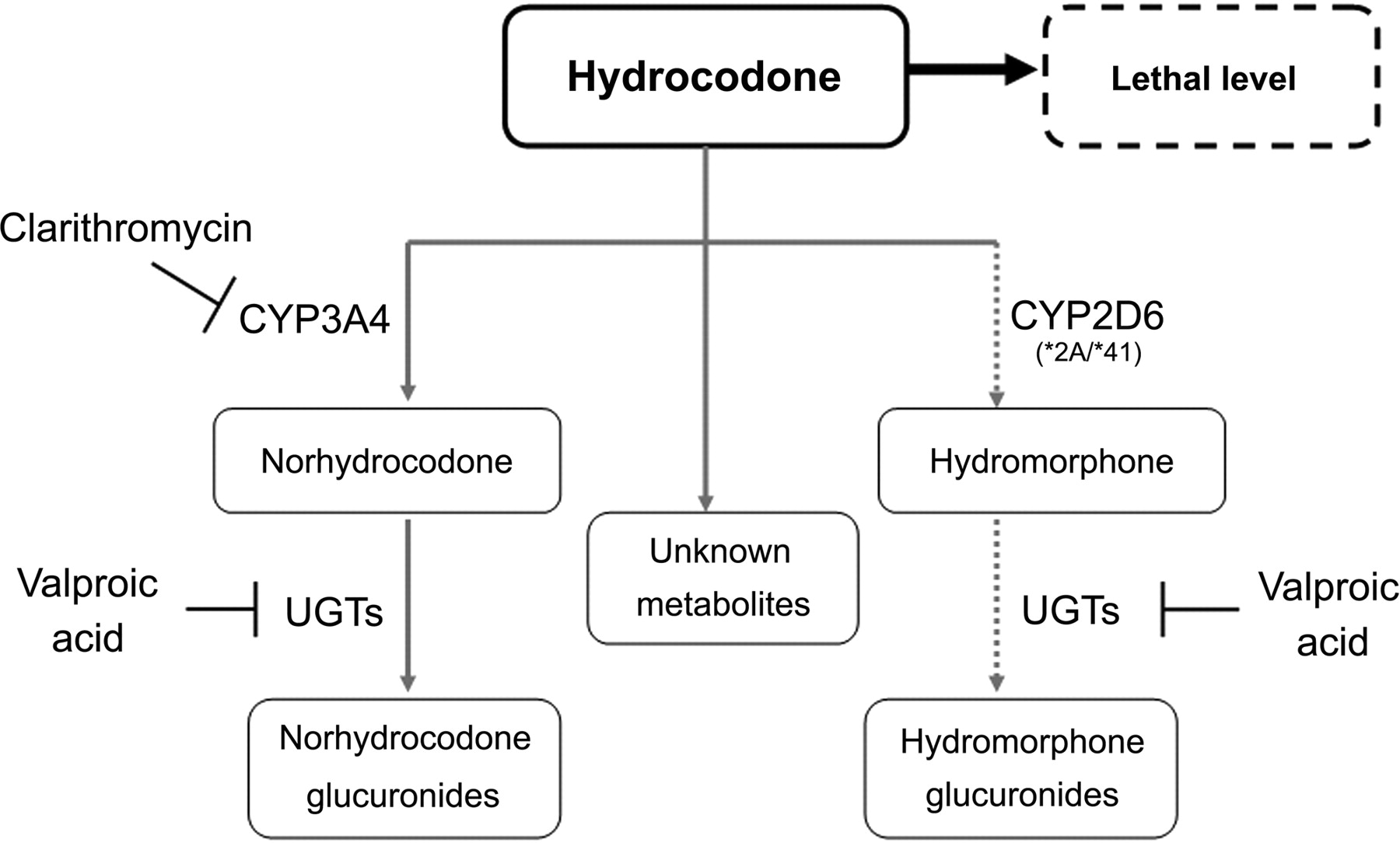Both oxycodone and hydrocodone are pain relievers and are commonly used prescription medications. The medicines are prescribed generally to the patients following any traumatic injury or surgery. Chronic and long term treatment of pain is an important aspect of these medicines. In this article we will study the key facts about oxycodone and hydrocodone. Also we will discuss Is hydrocodone and oxycodone the same things and how they are different from each other.
Contents
What is Oxycodone?
Oxycodone is an Opioid which is semi synthetic. An Opioid alkaloid named thebaine found commonly in Persian poppy is the plant from where it is extracted. It is used as an effective analgesic which is stronger as compared to morphine. The medicine is used for the treatment of mild to intense pain.
What is Hydrocodone?
Hydrocodone is also a semi synthetic opioid which is derived from codeine. The drug is narcotic analgesics which is used to treat mild to intense pains and are generally administered orally. In the liquid form the medicine can also be used as cough suppressant. Oxycodone vs. hydrocodone high is also reported by most of the patients using it for longer periods. There are some adverse reactions seen in the users of hydrocodone like nausea, vomiting and stomach cramps.
Medical Benefits of Oxycodone and Hydrocodone:
The medicines are generally used to get relief from moderate to intense pains. In 1971 in Germany, the oxycodone was developed to improve the efficiency of the Opioids which already existed. Both Oxycodone and Hydrocodone are the prescription pain relievers and are generally advised to counter post surgical pains or pains followed by any injury. Both medicines are also used to treat chronic pains and some other conditions like chronic coughing, arthritis and pain in some body parts due to the growth of tumor. These medicines are to be taken alone though the combination versions are also available for these medicines. The pain killer acetaminophen is sometimes added to oxycodone to make narcotic analgesics. These types of pain killers work by calming the mood of a person and by doing so they get proper time to work and relieve pain. In most of the cases, hydrocodone is added in several antihistamines to make syrup for the suppression of coughing reflex in the body. Strength difference between oxycodone and hydrocodone sometimes exist but only a doctor can advise Oxycodone vs. hydrocodone dosage. Oxycodone vs. hydrocodone strength is determined by health care provider depending on the intensity of pain and condition of a patient.
Oxycodone vs. Hydrocodone:
According to oxycodone vs hydrocodone drug test, Oxycodone and hydrocodone both are strong narcotic analgesics. They are available only under the prescription of specialist doctor. Here are some oxycodone and hydrocodone similarities.

- The pain signals of central nervous system CNS are interfered by both oxycodone and hydrocodone.
- If we compare oxycodone vs. hydrocodone mechanism of action, both medicines do not allow the nerves from effectors to pass signals to brain and hence pain sensation is lowered.
- oxycodone vs. hydrocodone addiction is reported by the users.
- oxycodone vs hydrocodone abuse has some serious consequences.
The differences are also there between hydrocodone and oxycodone depending mainly on the side effects they produce. Oxycodone vs. hydrocodone differences are mentioned below:
- Oxycodone is used in the treatment of mild to intense pains. These are supposed to be taken at regular basis and time unlike over the counter pain medicines. On the other hand, hydrocodone is generally used to treat intensive and chronic pains followed by injury or surgery. There is high risk of addiction and hence doctor’s prescription is needed to take these narcotic analgesics.
- oxycodone vs. hydrocodone allergy is also a difference as mostly the users of hydrocodone report allergies more as compared to the users of oxycodone.
Effectiveness of Oxycodone and hydrocodone:
As we discussed above that both oxycodone and hydrocodone are powerful painkillers and they are highly effective in the treatment of pain followed by surgeries or injuries. According to a recent research to find out the effectiveness of both the medicines, it was revealed that both these medicines can serve ideally to treat pain and are equally effective especially in the pains caused by fractures. The time taken to relieve the pain is half an hour to an hour approximately.
The users of hydrocodone however have common experiences of constipation after the intake of drug while the patients taking oxycodone had no such experience.
Oxycodone vs. Hydrocodone Side Effects:
There are some serious side effects reported after the use of both these medicines. Some commonly reported side effects of hydrocodone and oxycodone are:
- Feeling drowsy and dizzy most of the time
- Nausea and vomiting
- Dryness of mouth and itching in various parts of the body
- Lethargy
- Impairment in motor skills.
- Fatigue, headaches and feeling high.
- Hydrocodone users report constipation and frequent stomach cramps. The main difference between oxycodone vs hydrocodone is constipation as people using oxycodone often don’t report this condition.
- The users of oxycodone report frequent dizziness and drowsiness and increased fatigue.
Since there are several side effects oxycodone vs. hydrocodone pregnant females should avoid using this medicine and also the use of oxycodone and hydrocodone during breastfeeding is not recommended. The oxycodone vs hydrocodone for nerve pains such as sciatica is common but only a medical specialist can recommend the dosage and period of intake.
-
Less Common Side Effects of Hydrocodone and Oxycodone:
There are some side effects which are rarely reported by the users of both medicines. Such less common side effects of hydrocodone and oxycodone are:
- Seizures and a feeling like one might die
- Higher rate of heart beat which sometimes lead to cardiac arrest.
- Pain while urinating
- Confusion and personality changes
- Frequent mood swings
- Decreased alertness and reduction in mental functioning.
These are rarely reported symptoms but it is very important to consult your health care provider if you encounter one or more of the side effects together in order to rule out the risk of further complications.
-
Bottom Line:
Oxycodone and hydrocodone are used to treat mild to intense pain which is caused generally after surgery and injuries. These both drugs are classified under narcotic analgesics and doctor’s prescription is needed before getting these medicines. The use of such narcotic analgesics is linked with some serious side effects and addiction; hence it is important to consult your health care provider if you encounter any undesirable side effect followed by the use of such medicines.
Read this Article : Amazing Facts about Caralluma Fimbriata










